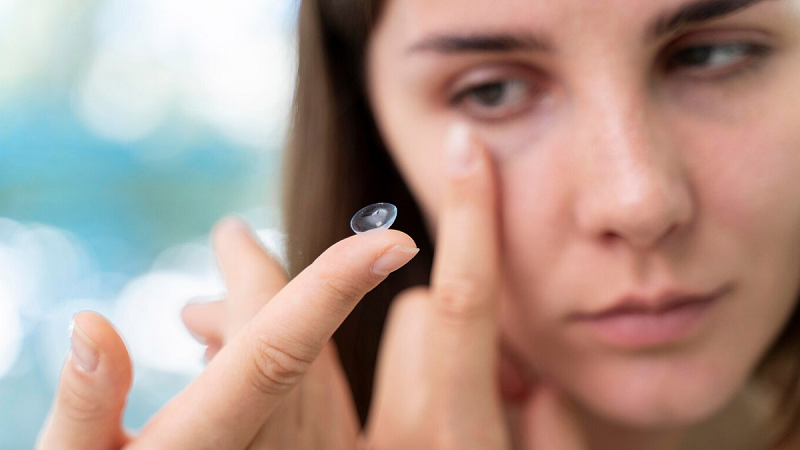Diet for Anxiety: To stay healthy, eating a nutritious diet is very important. Whatever we eat affects not only our physical but also our mental health. This is the reason why experts also advise people to eat food rich in nutrients. These days, due to changing lifestyle, people are often becoming victims of various physical and mental problems. Anxiety is one of these problems, which many people are currently affected by.
In such a situation, you can get relief from this problem by making proper changes in your diet. Recently, nutritionist Lavneet Batra on her social media account has mentioned some such nutrients to improve mental health and get relief from the problem of anxiety , which if included in your diet will give you relief.
Magnesium
Magnesium plays an important role in regulating neurotransmitter and central nervous system function. It provides nourishment to the brain, which helps in reducing the symptoms of anxiety to a great extent. Magnesium may increase the production of gamma-aminobutyric acid (GABA), a neurotransmitter that is effective in calming the brain.
NAC
The anti-inflammatory properties of NAC help protect against chronic inflammation, which can lead to many mental disorders. NAC may affect the balance of a neurotransmitter called glutamate in the brain. An imbalance in glutamate is linked to anxiety and NAC may help maintain this balance.
Vitamin D
Vitamin D has immunomodulatory, neuroprotective, and neurotrophic properties and may influence brain tissues involved in the pathophysiology of anxiety.
Omega 3

Omega-3 fatty acids are involved in a variety of physiological functions, including those related to neurogenesis, neurotransmission, and neuroinflammation. Specifically eicosapentaenoic (EPA) and docosahexaenoic acid (DHA). Because of these properties, it is very beneficial in anxiety.
Probiotics
Probiotics have the ability to maintain normal microbial balance and hence play an important role in the treatment and prevention of anxiety. It may play an important role in mood regulation by helping your body reduce inflammation, produce feel-good neurotransmitters, and affect your stress.
Disclaimer: The advice and suggestions mentioned in the article are for general information purposes only and should not be taken as professional medical advice. If you have any questions or concerns, always consult your doctor.
Picture Courtesy: Google










